
Salesian missionaries have been working in Nigeria since 1982 and are developing new educational programs to meet the increasing demand for services. Poverty remains one of the most critical challenges facing the country and population growth rates have meant a steady growth in the number of people living in conditions of poverty.
According to UNICEF, Nigeria is Africa’s most populous country and the ninth most populous country in the world. By United Nations estimates, Nigeria will be one of the countries responsible for most of the world’s total population increase by 2050. While Nigeria has the second strongest economy in Africa, it also has extreme rates of poverty with 100 million people living on less than $1 a day.
About 64% of households in Nigeria consider themselves to be poor while 32% of households say their economic situation had worsened over a period of one year, according to UNICEF. Poverty still remains one of the most critical challenges facing the country and population growth rates have meant a steady increase in the number of people living in conditions of poverty.
Salesian missionaries are setting up schools, boarding homes and running water for poor youth in the area of Koko within Kontagora, a major town on the south bank of the Kontagora River in northwestern Nigeria. The area lacks educational opportunities for children and older youth.
The area, like many in Nigeria, faces several challenges. Koko has many street children aged 7 to 15 years who beg in the streets. Practically all of them have been abandoned and exposed to terroristic groups like Boko Haram. Without an education and supervision from adults they can be easily manipulated and exploited.
Recognizing that for youth to make the most of their educational opportunities, they must have their basic needs of shelter, food and clothing met, Salesian missionaries are establishing boarding houses so youth will have a safe place to live, learn and spend time with their peers. Salesian missionaries are also digging wells that will supply the boarding houses and schools with fresh water for drinking, bathing, washing clothes and proper sanitation.
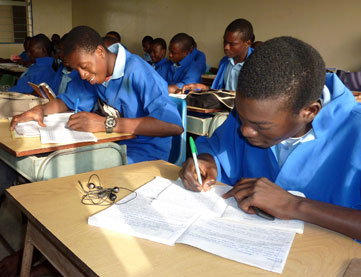
From Nigeria

From Nigeria
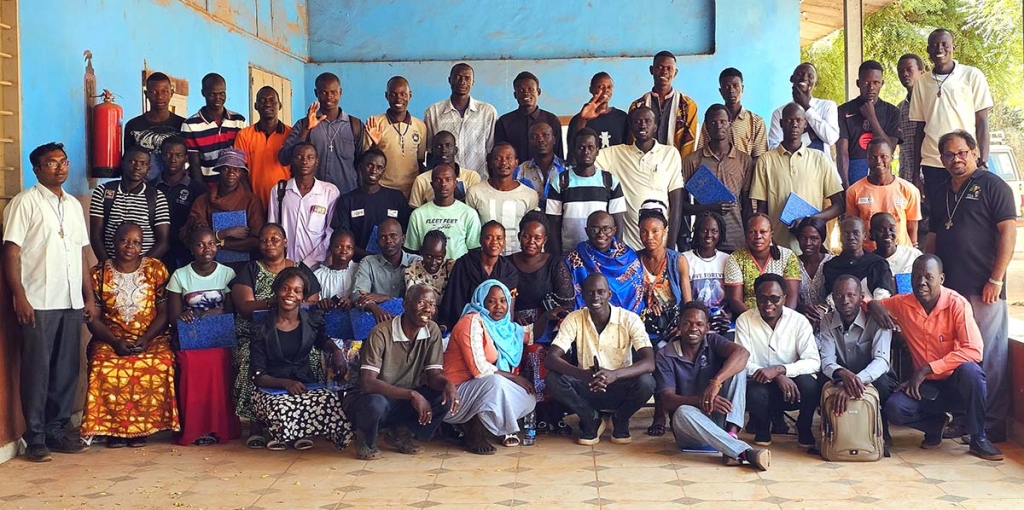
Salesian missionaries educate more than 1 million youth. NEW ROCHELLE, NY (Oct. 5, 2025) Salesian Missions, the U.S. development arm of the Salesians of Don Bosco, joins humanitarian organizations and countries around the globe in
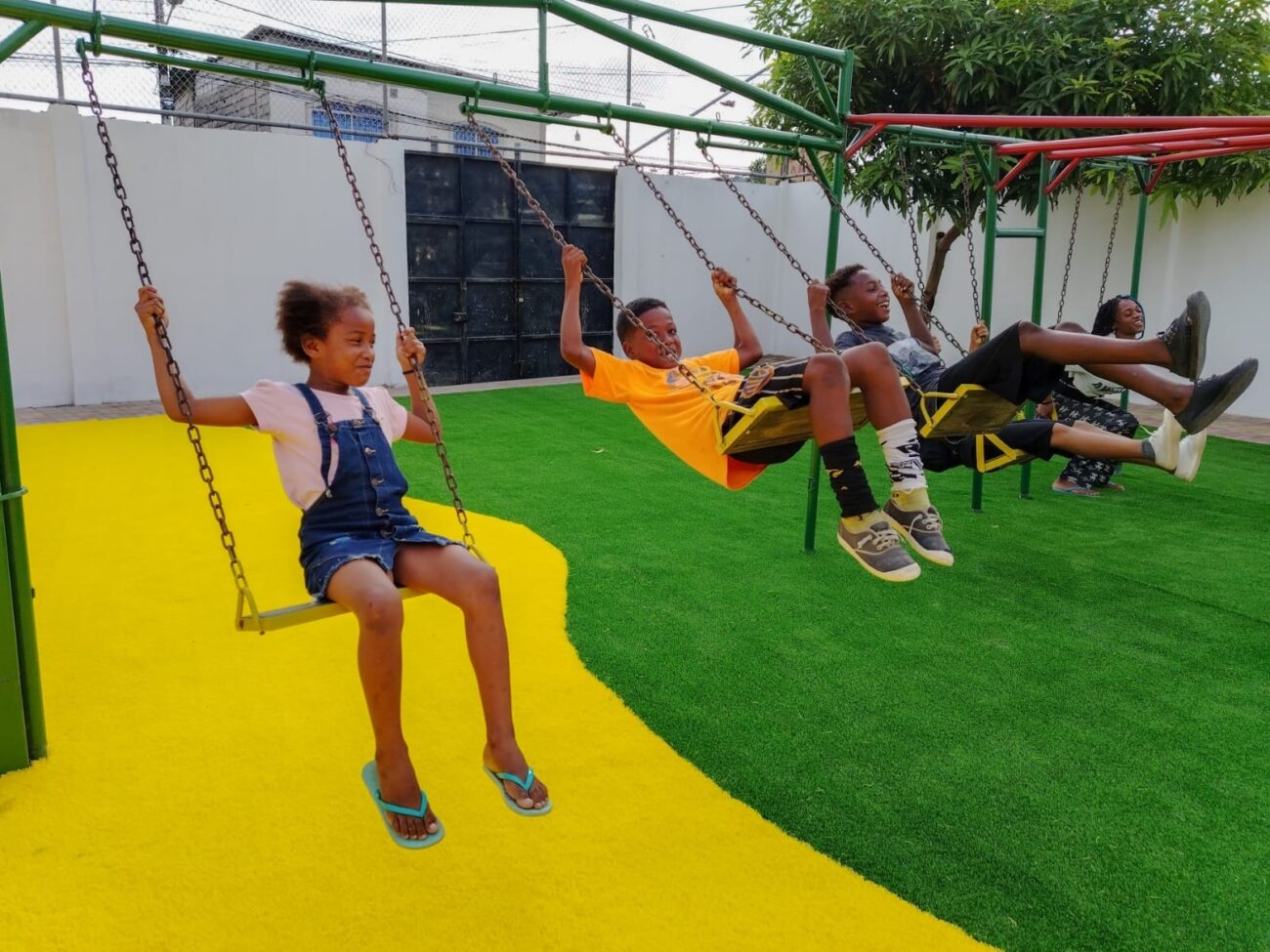
2025 theme ‘Act Now for a Peaceful World’ encourages concrete action. NEW ROCHELLE, NY (Sept 21, 2025) Top of FormSalesian Missions, the U.S. development arm of the Salesians of Don Bosco, joins humanitarian organizations and

Thanks to your generosity, the Salesian Sisters in Nigeria are opening a new nursery and primary school in Ikorodu. Having served this impoverished community for many years, the Sisters are deeply attuned to the needs of its peopl
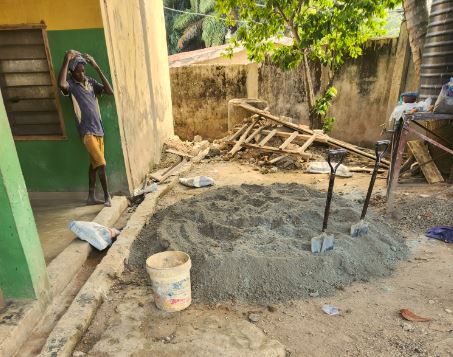
Students have affordable accommodations in positive environment. NEW ROCHELLE, NY (July 8, 2025) Salesian missionaries were able to renovate the Zefferino Namuncura Hostel in the St. John Bosco Community of Ondo, Nigeria, thanks t
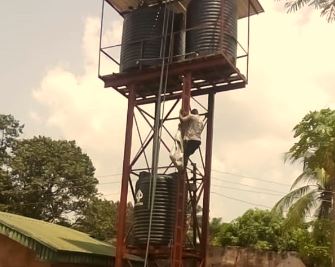
Salesians drill borewell, install tank and solar pump. NEW ROCHELLE, N.Y. (June 18, 2025) Salesian missionaries have been able to provide clean water for people in the village of Isi-Obi Ukwu, Nigeria, thanks to donor funding from
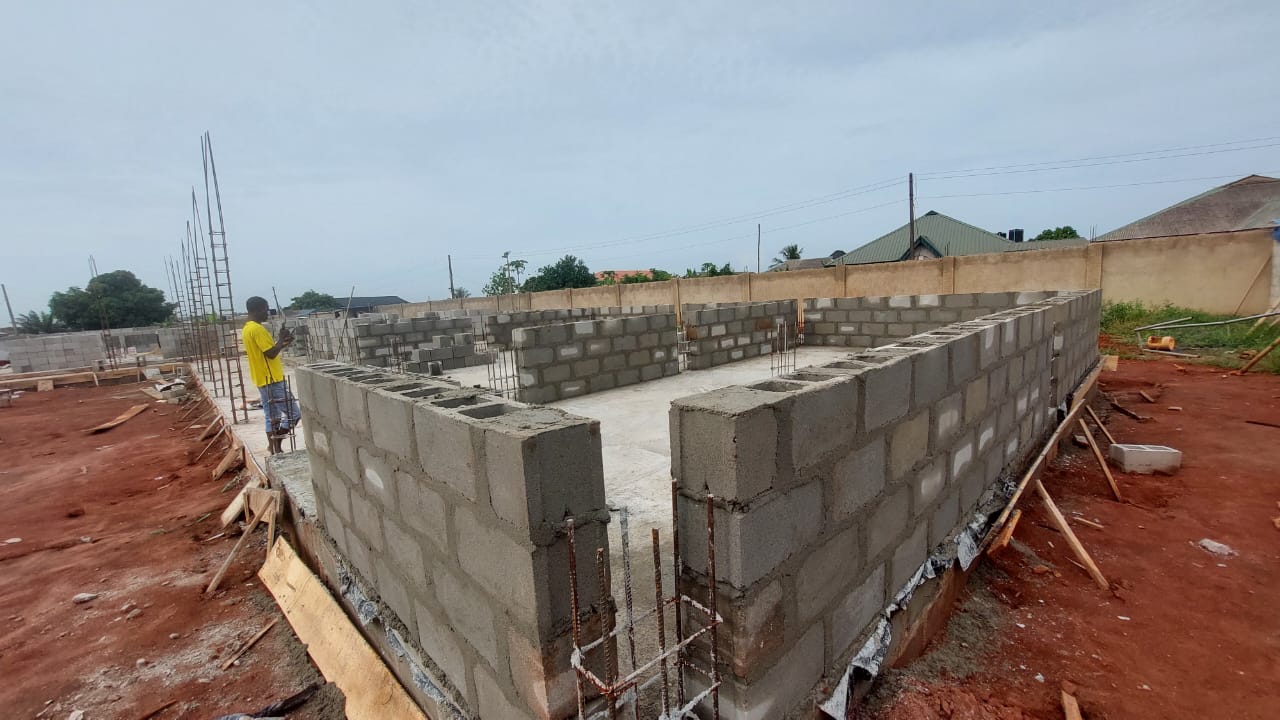
School to educate 250 students, with young girls a priority. NEW ROCHELLE, N.Y. (June 17, 2025) Salesian sisters with Mary Help of Christians were able to start construction for a nursery and primary school in Ikorodu, Nigeria, th
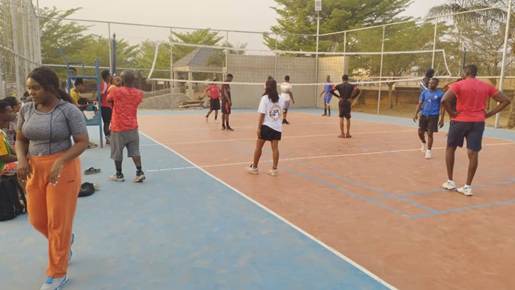
Salesians working to identify and nurture the talents of young people. NEW ROCHELLE, NY (April 8, 2025) The Salesian Technical and Vocational Training Center and Oratory in the Dominic Savio Community in Kubwa, Abuja, Nigeria, has
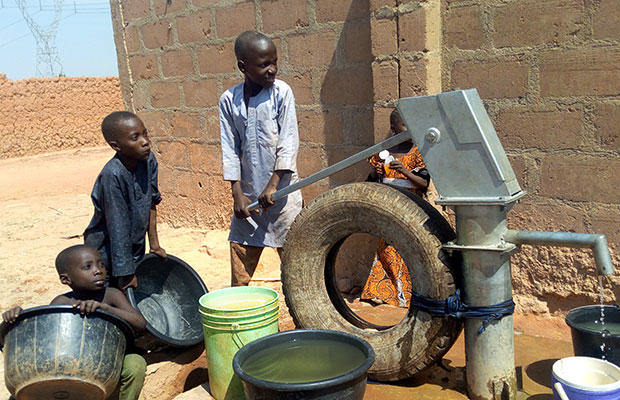
It’s a global crisis. One in 11 people – that’s a total of 703 million worldwide – do not have access to clean water. Adults are getting sick – and children are dying – from preventable diseases simply because they’r
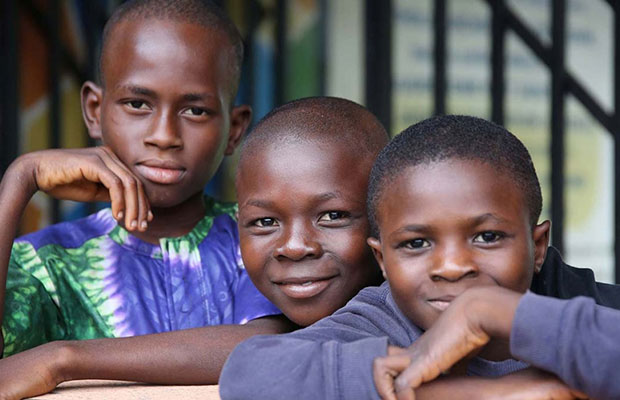
The situation is dire. Growing wealth disparities and the high rate of people fleeing their homeland due to internal conflict have caused a surge in the number of abandoned children living on the streets in Nigeria. “These vulne
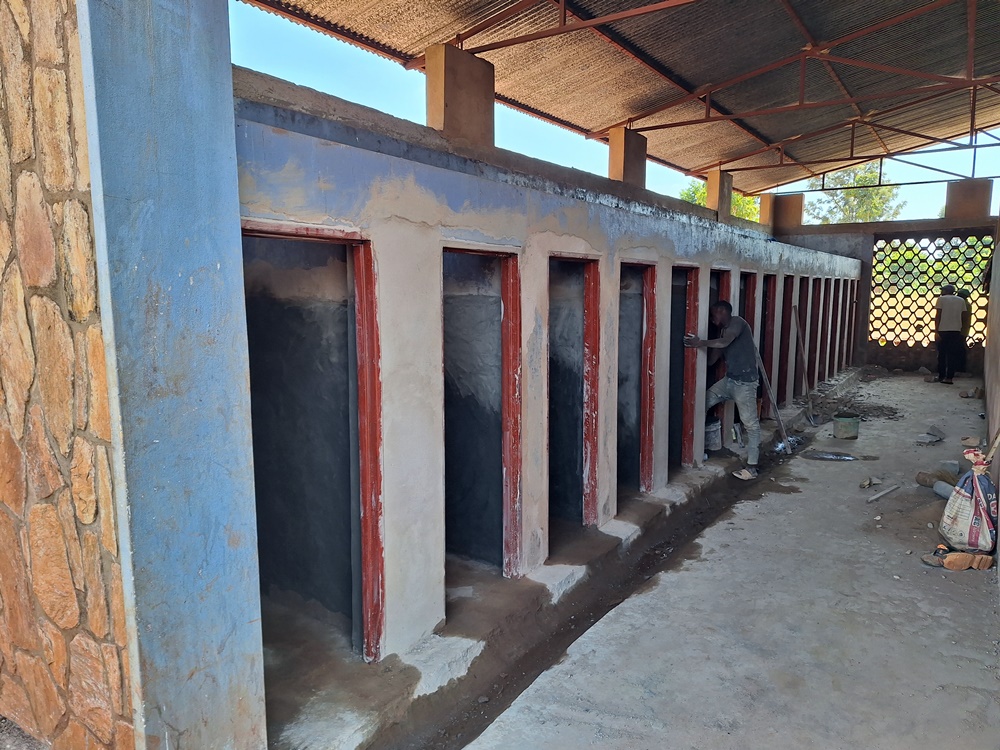
‘Clean Water Initiative’ continues to make supplying fresh, clean water a top priority. NEW ROCHELLE, NY (Nov. 19, 2024) Salesian Missions, the U.S. development arm of the Salesians of Don Bosco, joins humanitarian organizatio
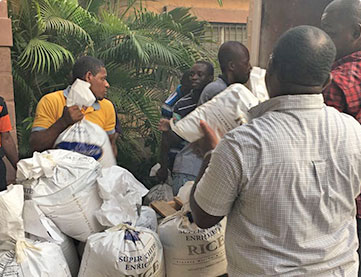
Salesian Missions includes agriculture in its vocational training programs – to ensure that youth of Rwanda learn better agricultural practices as well as keep the school self-sustaining in the face of the country’s food shortages.
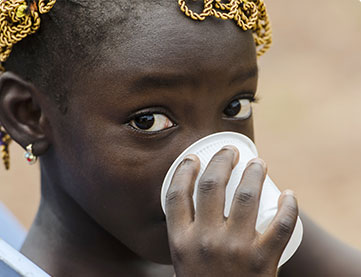
Salesian Missions includes agriculture in its vocational training programs – to ensure that youth of Rwanda learn better agricultural practices as well as keep the school self-sustaining in the face of the country’s food shortages.
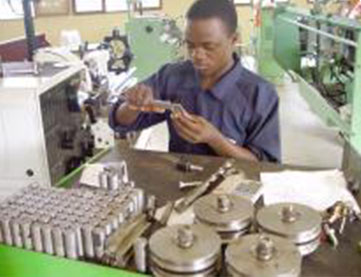
Salesian Missions includes agriculture in its vocational training programs – to ensure that youth of Rwanda learn better agricultural practices as well as keep the school self-sustaining in the face of the country’s food shortages.